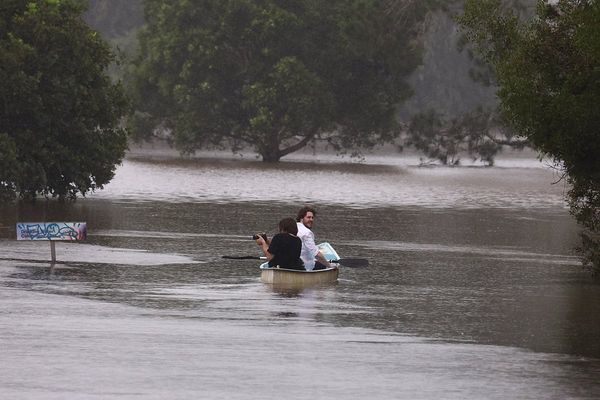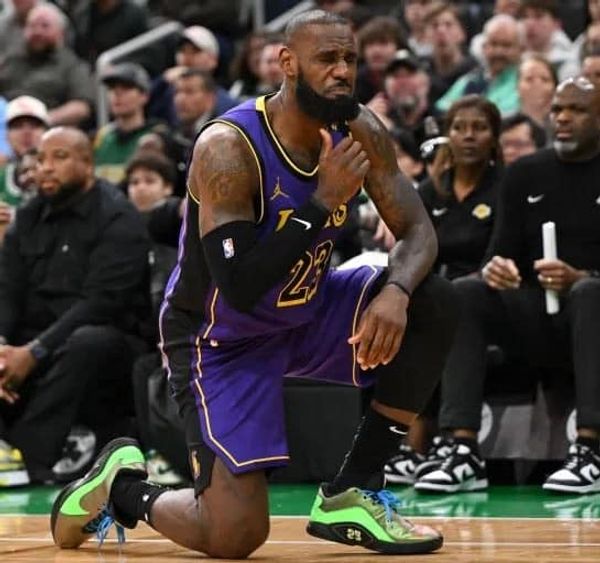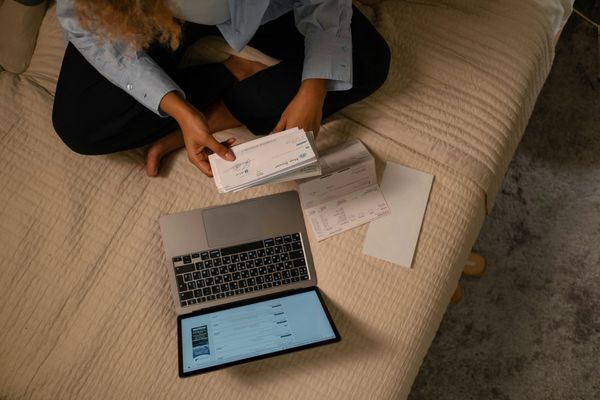
They say it’s good to let something go to mark one year’s turn to the next. I tried to keep this in mind when, during a blissful day of beachside rest at the end of 2024, my smartphone was taken by the sea. No big deal, I decided, I can sort it out after the break. I’m not some nomophobic sheep who can’t go a week without checking their notifications. But anxiety rises like the tide. Soon I was frantically clicking “buy” and realising for once it’s not that simple.
Smartphones have evolved since the last time I dropped one in a toilet. Now, losing my phone means losing my wallet with my credit cards, my driver’s licence and Medicare card. It means losing the access key fob to my office and the apps which I use for everything from booking classes at the gym to remotely controlling my TV and three-factor authentication for my work’s online systems. Meanwhile, the online gadget shop wants to verify a refurbished phone purchase via my banking app. My service provider needs to confirm my identity with a one-time code sent to … I say it again, slowly, an incantation: “My phone was taken by the sea.”
I flash through all the times I’d hit yes, accept, allow, proffered my fingerprint, my face, my voice for recognition, impatient to leap the security hoops and land smoothly in the dataset we experience as everyday life. I made my phone the guardian of so much of my identity that it’s now hard to prove I have one without it.
Life was not always like this. I was a teenager when little black Nokia phones started appearing surreptitiously under desks at the back of classrooms. They had green calculator screens, stubby antennas and erupted with an earworm tune I hummed under my breath for most of 1997. They were sci-fi harbingers of “Beyond 2000” and I wanted nothing to do with them.
“I’ll buy you one,” my dad pleaded but I was savvy to this trap. If I had a phone, I’d have to pick up when he called. Then he’d ask rude questions like “Where are you?” and “Are you OK?”. I simply wasn’t prepared to accommodate this intrusion into my adolescent freedom. Besides, who would I call? The first mobile phones were a divisive commodity. My friends and I mocked the clean-cut kids who phoned each other as they strode on to the oval for lunch. We called them the “business ladies”. They thought it was cool to have a mobile phone. We thought we were cool for not having them. We tussled over this for the last few years of the 20th century without any inkling of the stakes.
Twenty-five years later and we are all business ladies. We all rush about, clutching our phones, ping-ponging between real and virtual spaces. Even high school kids seem tired these days and the idea that parents might at any time be ignorant of their location sends a ripple of moral horror through us all. Parental worries now extend beyond their kids’ wellbeing IRL and into the digital space, with Australia becoming the first country to attempt to ban social media for under-16s.
Deloitte reports tracking Australian mobile use from 2019 to 2022 found that 90% of us use smartphones and forecast 5G technology will add between $1,300 and $2,000 per capita to the gross domestic product by 2030. So whether we are coerced to upgrade by unsupported apps and smashed screens, or our lust for Apple AI or cameras that make our lives appear ready for fashion or food magazines, having a smartphone has become civic labour gussied up like privilege. We might click “opt out” from time to time, but there’s no opting in to anything like 20th-century adolescent freedom.
Dutifully, I hunt down 100 points of ID and report to the mall at the peak of the season. Contract signed and credit checked I now have an eye-wateringly expensive new smartphone that is virtually indistinguishable from the last. My photos are there, my passwords are stored. I stare into its black mirror and it recognises my face as digital terrain, reflecting a fully validated self back into the world.
Finally, I can do the administrative work I’d rather avoid, answer messages across multiple platforms I’d prefer to ignore, shop for stuff I neither need nor want. I reassure myself that in 2025 I’ll look for ways to reevaluate my relationship with my phone. I hear there are some good apps for that.
In quiet moments, when I reach from a rare, relaxed state of inattention to compulsively check my new device, I can feel my adolescent self eye-rolling across the decades. “Get a life business lady,” she mutters from the repressed depths, and she’s right. The sea claimed my old phone. I’d love to throw my new one in there, too.







